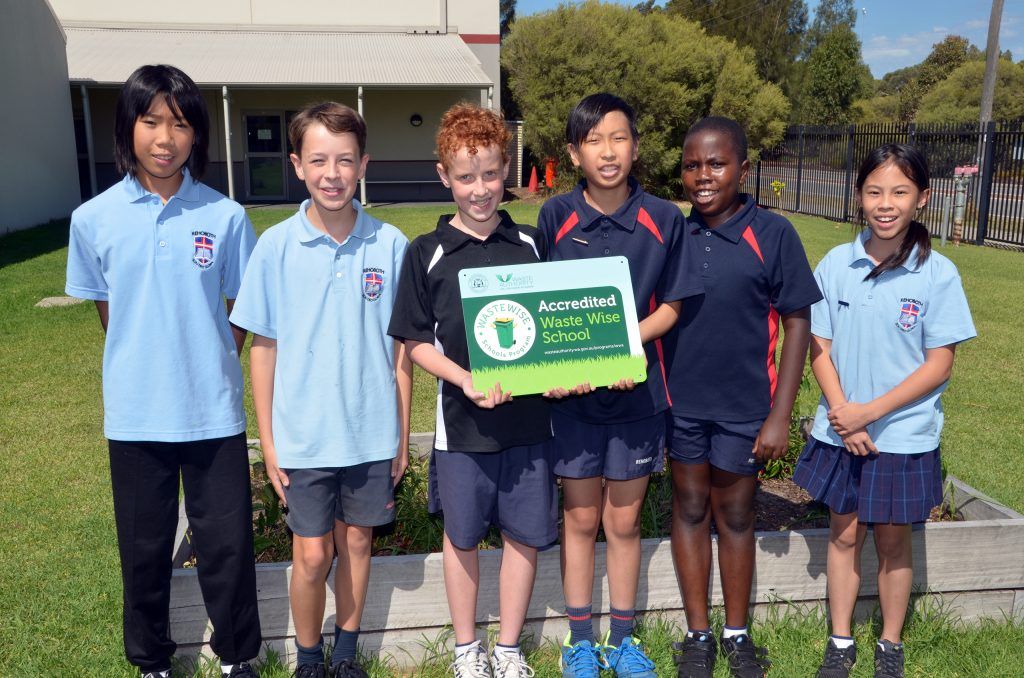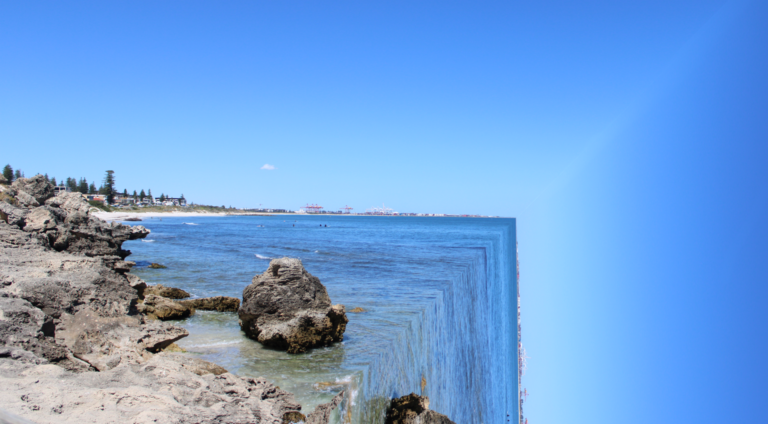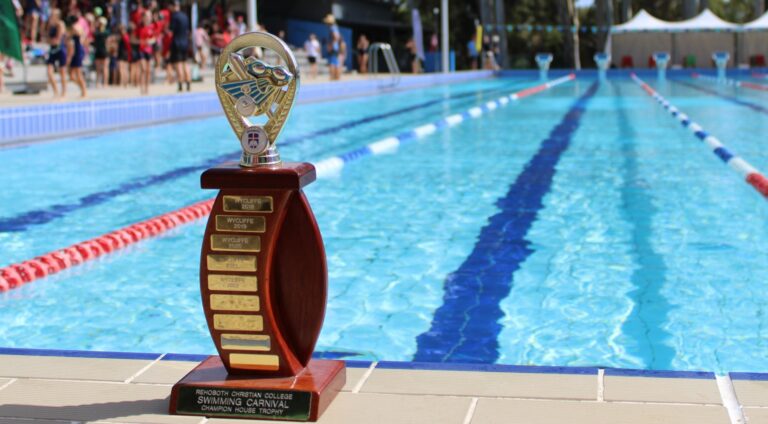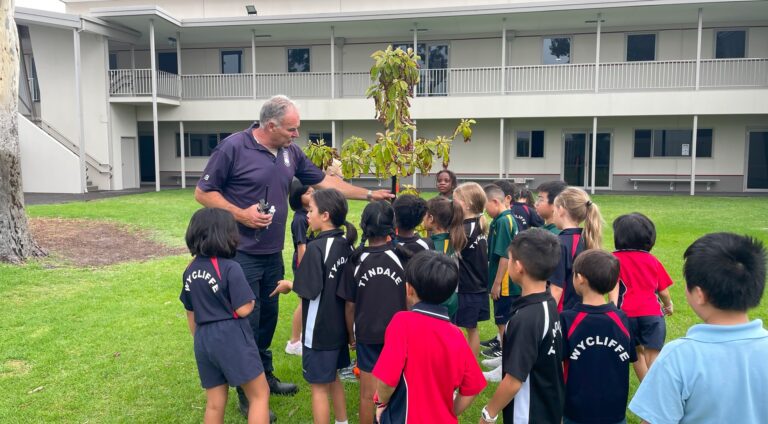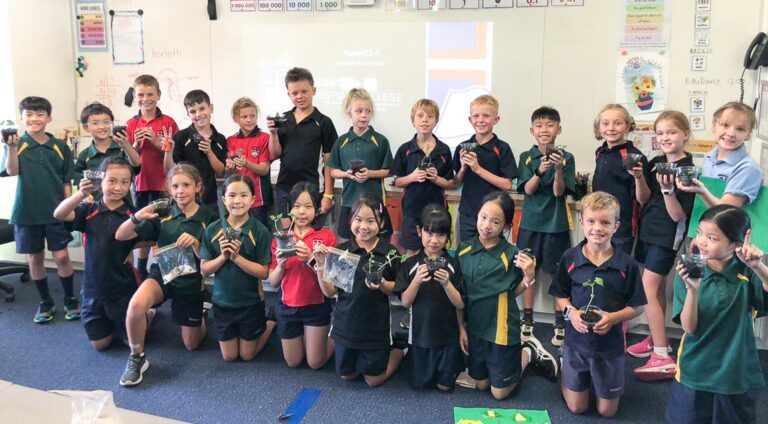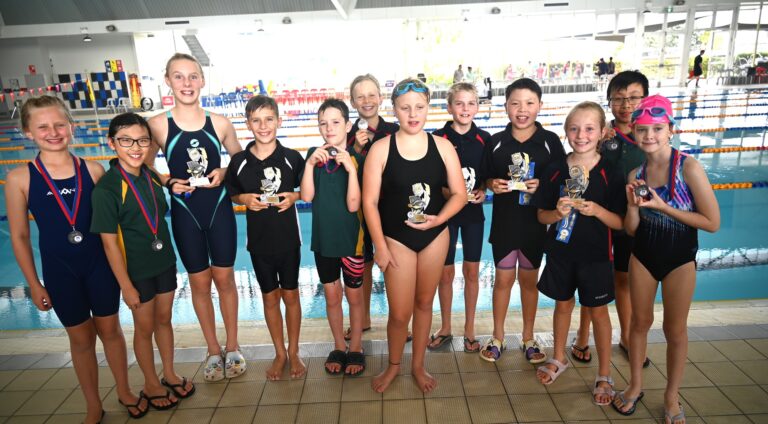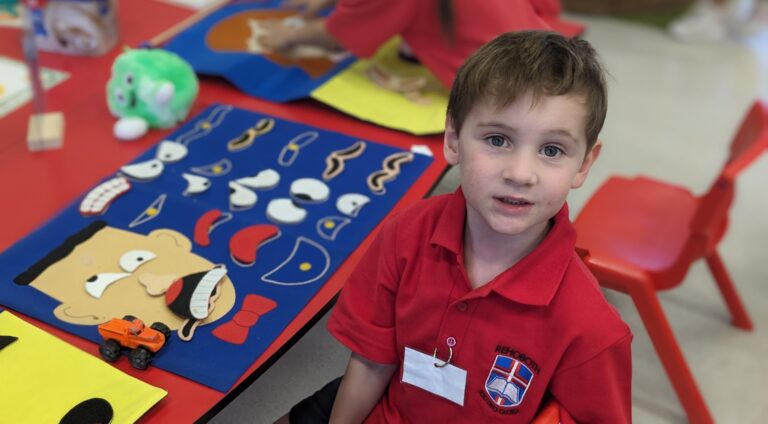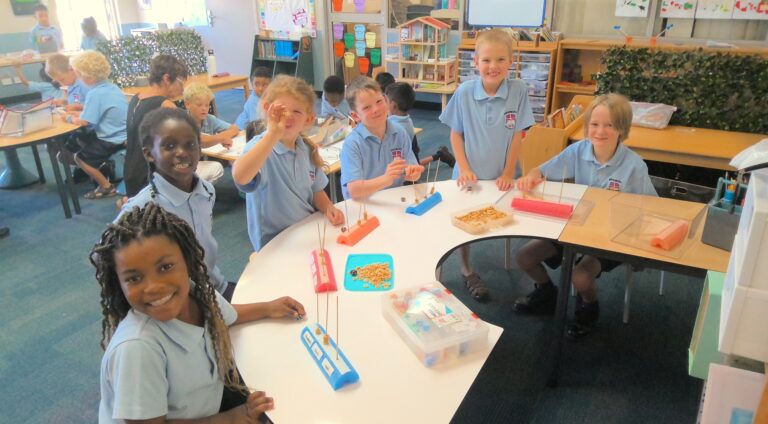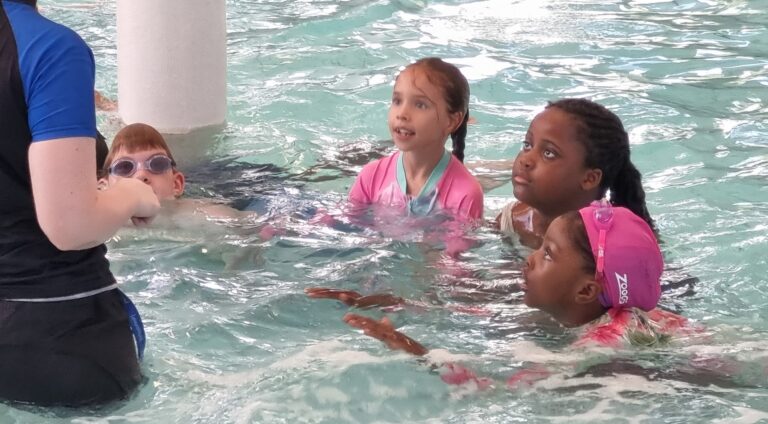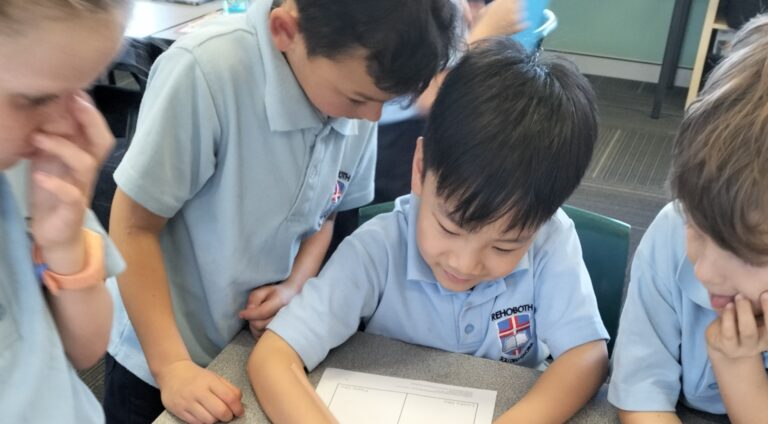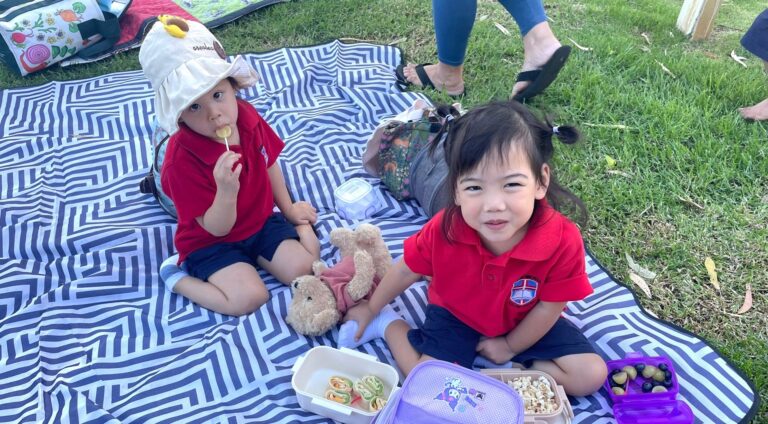The Department of Water and Environmental Regulation has presented Rehoboth with a certificate of its accreditation as a Waste Wise School.
The Waste Wise accreditation, given “in recognition of our school’s excellent efforts to reduce waster and develop positive environmental values and long-term behaviour change in our school community”, is the culmination of project-based learning activities begun in August 2018 as part of “Project Week”.
Project Week involved all students from Kindy to Year 12 working together to solve the challenge of reducing Rehoboth’s waste by 50%. Utilising project-based learning techniques, students worked collaboratively in age-appropriate teams to tackle different aspects of the waste problem, from water waste to food waste and much more. Project-based learning is an approach to teaching and learning that is interdisciplinary in nature and allows for student-directed learning by posing a complex real-world problem or question. Students demonstrate their learning by developing a solution that is presented to a real audience at the end of the period. At Rehoboth, Project Week culminated in a Presentation Evening where the whole College community was invited to explore a range of displays and demonstrations prepared by the students.
The week took students out of the traditional teacher-led classroom environment. Regular classes were suspended as students explore their assigned issue, formed teams and investigated possible solutions. This approach placed greater emphasis on what are known as the 4Cs of 21st century learning – collaboration, communication, critical thinking and creativity.
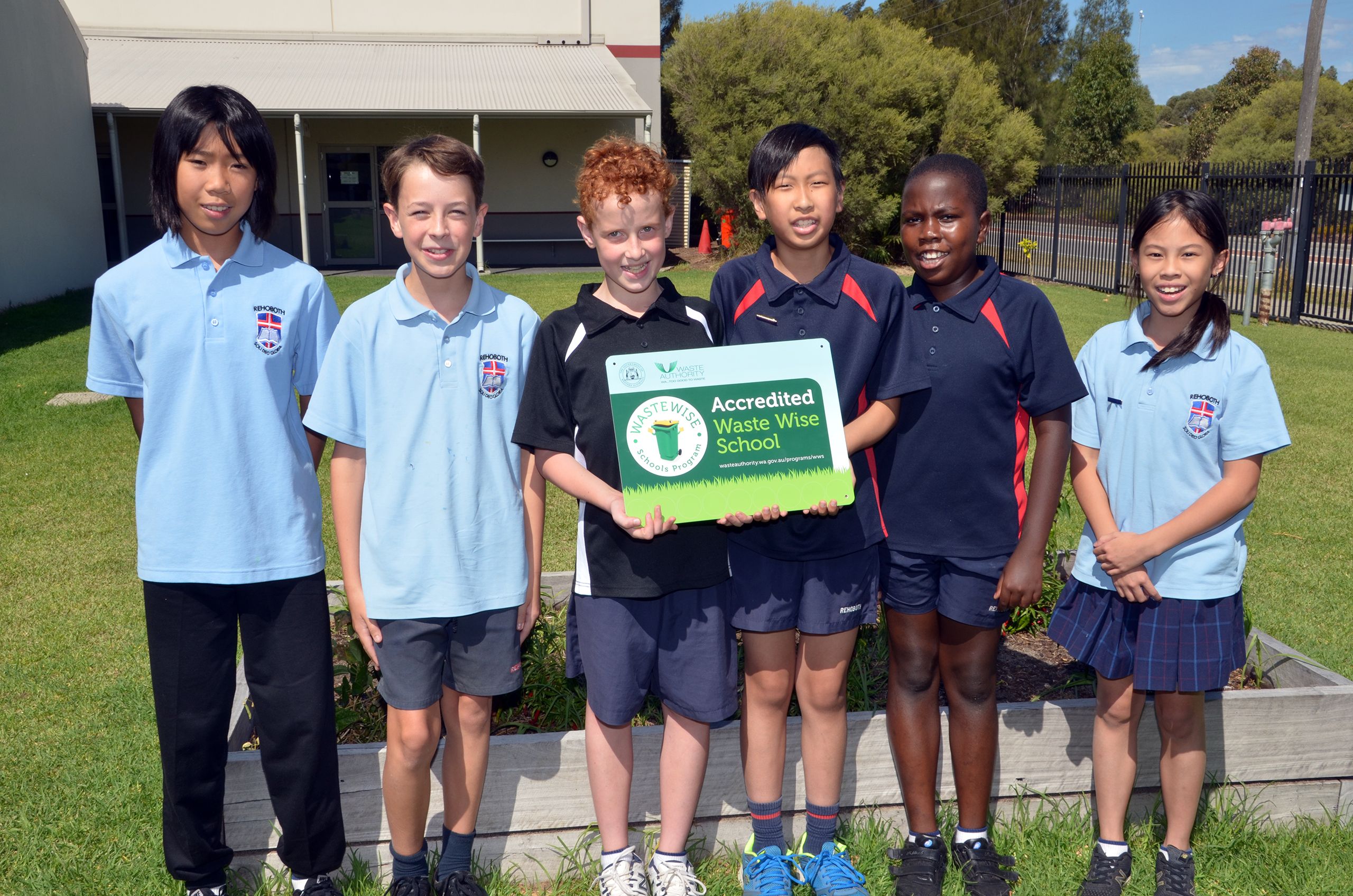
Students were challenged to find practical solutions to their waste problems, particularly solutions that could be implemented at the College. Much of what students investigated has continued well beyond Project Week itself. Several different initiatives have been investigated further and, in consultation with the Department of Water and Environmental Regulation, Rehoboth has adopted a number of different approaches to reducing waste.
For example, Upper Primary classes are trialling a reverse lunch, where students are released for play first, and then come together in their classrooms at the end of lunchtime to eat, wind down and prepare for the afternoon. Teachers have already seen a reduction in waste as students no longer have to worry about hurrying off to play. They can eat more of their lunches and put rubbish straight into bins under the supervision of their teachers.
A new leadership team has also been added to the Year 6 class – Waste Warriors. This team oversees the school’s composting and worm farms, and helps to educate students on the school’s garden.
A Waste Wise Teacher Committee has applied for a Tier 1 grant to purchase equipment that will help further the school’s efforts in waste reduction.
While Rehoboth has returned to its regular routines, the questions for teachers have been “Is project-based learning authentic?" and, "Has anything changed since?” If Rehoboth’s Waste Wise project is any indication, the answer is clearly “Yes!”.
Students’ and teachers’ efforts have been rewarded, with Rehoboth Christian College (Kenwick Primary) being accredited as a Waste Wise School. This program helps schools with educational strategies for reducing waste to landfill by implementing the 3Rs – reduce, reuse, recycle – and developing positive environmental values. A Waste Wise accreditation is evidence that Rehoboth is modelling responsible environmental behaviours through hands-on learning experiences that are linked to the Australian Curriculum.
The College is now looking to have its Wilson Campus accredited as a Waste Wise School. Stay tuned to see the more work and initiatives rolled out as we strive to actualise our goal of waste reduction.


